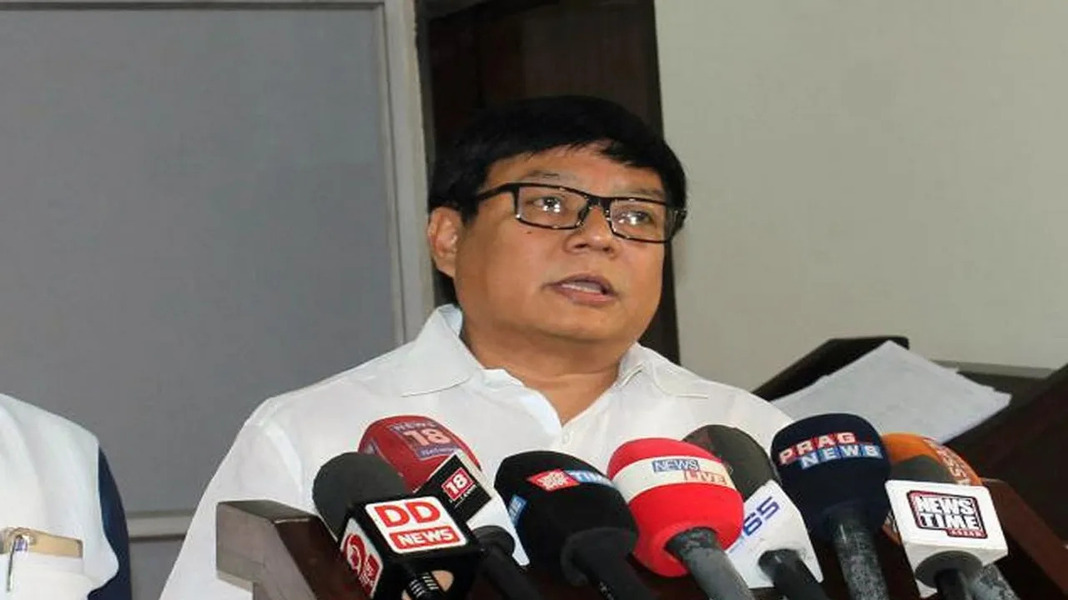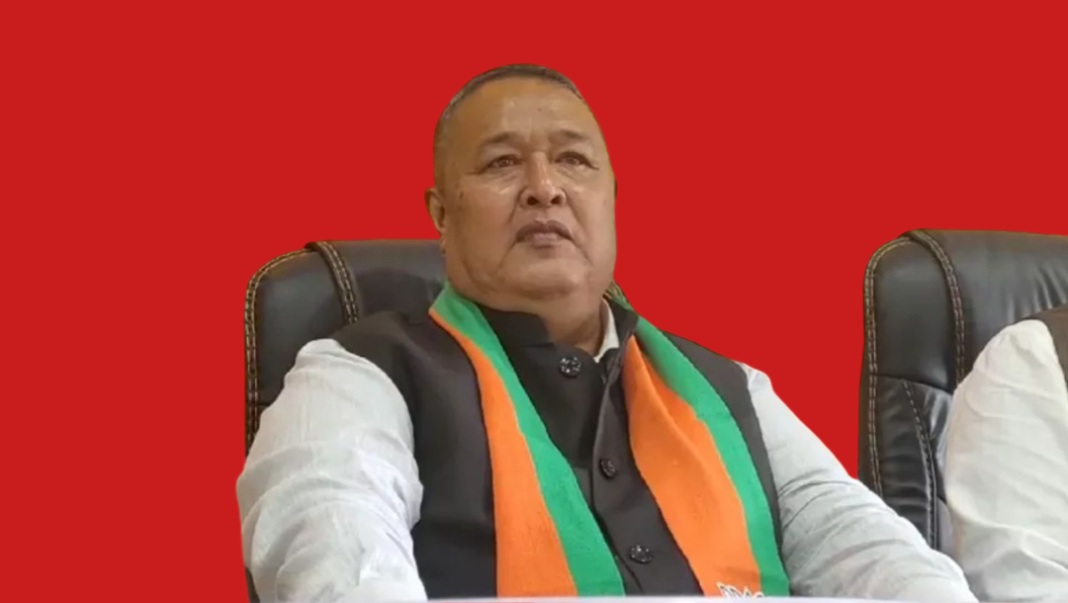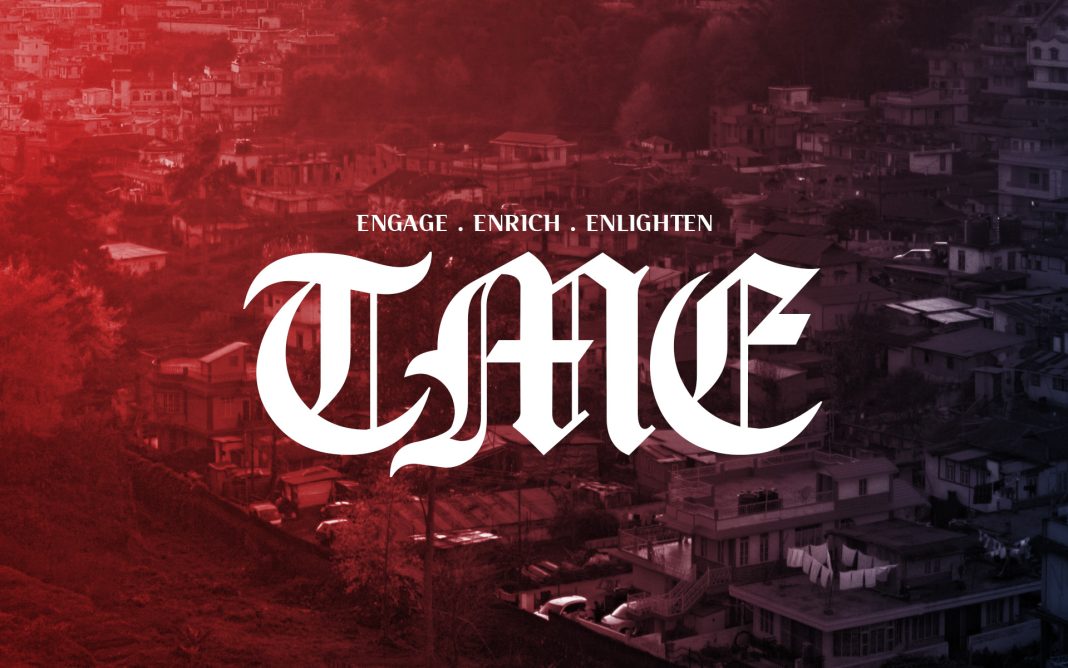Guwahati, June 14: Assam Leader of the Opposition Debabrata Saikia has written to the World Bank and the Asian Development Bank (ADB), demanding immediate suspension of funds to two major development projects in Assam over alleged violations of indigenous land rights, environmental laws, and constitutional protections.
In a strongly worded letter addressed to both institutions, Saikia urged an independent audit and review of land acquisitions underway in Kamrup and Kokrajhar districts, accusing the Assam government and Bodoland Territorial Region (BTR) administration of bypassing community consent and flouting legal frameworks.
Citing the transfer of 1,500 acres of land in Borduar Bagan village, Kamrup district, to the Guwahati Metropolitan Development Authority (GMDA) for a township project, Saikia said the area has been home to Rabha, Boro, Tea Tribe, and other indigenous communities for over a century. He alleged that the transfer violates the Assam (Temporarily Settled Areas) Tenancy Act, 1971, and was carried out without any form of local consultation.

Saikia also flagged the allocation of 3,600 bighas of tribal land in Parbatjhora, Kokrajhar district, to the Adani Group for a proposed thermal power plant. The land, inhabited by Boro, Rabha, and Garo communities, was reportedly transferred without consent, raising concerns of large-scale deforestation—especially the destruction of over five lakh sal and teak trees.
“These land grabs directly violate constitutional guarantees and key Supreme Court rulings such as Samatha vs. State of Andhra Pradesh (1997) and Orissa Mining Corporation vs. Ministry of Environment and Forests (2013),” Saikia wrote. He also cited the Right to Fair Compensation and Transparency in Land Acquisition, Rehabilitation and Resettlement Act, 2013, which mandates informed consent from affected tribal communities.
Saikia called on the World Bank and ADB to immediately halt funding for the two projects, commission an independent audit into the land acquisition and its environmental impact, ensure meaningful consultation with affected communities and take corrective measures to uphold the rights of indigenous people
“The people of Assam expect international financial institutions not just to fund infrastructure, but to stand as models of ethical and sustainable development,” he stated. “This is not a protest against development—this is a protest against illegal and unjust development.”




